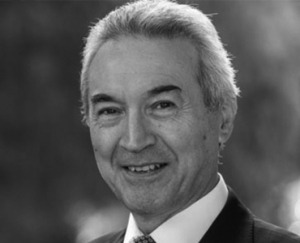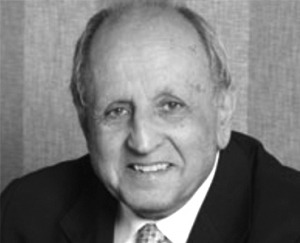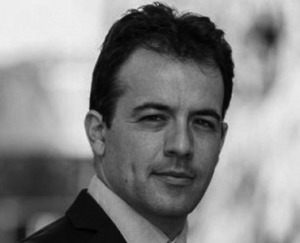JANUARY 31, 2019
IESE Madrid
Camino del Cerro del Águila, 3
28023 Madrid
The economic crisis had a disproportionate effect on the real estate industry, but now that the recession is years behind us, it’s time to admit that the current situation has returned to a kind of normal: the new normal. Residential developers and REITS in Spain now operate with an altered approach that can be viewed as the new normal, given that these sectors are more complex and changing, and highly sensitive to other sectors and society in general. This context will involve changes in strategies and business models, greater demands on senior managers and increasingly volatile resources.
The aim of the Industry Meeting is to identify the keys in terms of business models, markets and products in this new context. Some examples include the strategies of the main investors, the future of residential development, how increased tourism and international competition are affecting cities, and new real estate uses in response to the transformation of society.
IESE Madrid
Camino del Cerro del Águila, 3
28023 Madrid
Claudia Escobar
IESE Industry Meetings
tel: +34 93 253 43 36

Academic Chair

Academic Collaborator

Academic Collaborator
| 08:30-09:00 | Welcome and registration |
| 09:00-09:15 | INTRODUCTION
• Prof. José Luis Suárez, Academic Director of the Meeting, IESE Business School |
| 09:15-10:30 | THE FUTURE OF REITS
There is no denying the success of REITs in Spain or the dynamic role they have played in the industry’s recovery phase. What can we expect in the coming months? Mergers, specialization, internationalization? Is it reasonable to think that any of the companies listed on the MaB are ready to make the leap to continuous trading? How will tax changes affect REITs? • Juan José Brugera, President, Inmobiliaria Colonial Socimi, S.A. Moderator: Prof. Jorge Soley, IESE Business School |
| 10:30-11:45 | DISRUPTIVE MODELS IN THE INDUSTRY
New technologies and changes in the behavior of people and companies have generated new business models that have caused profound changes in many industries. What are these disruptive models in the real estate industry? How should the industry adapt to this revolution? • Lupina Iturriaga, Founder and Co-CEO, Fintonic Moderator: Prof. Carlos Vergara, IESE Business School |
| 11:45-12:15 | Coffee Break |
| 12:15-13:30 | CITIES/TOURISM/ACCESSIBILITY OF HOUSING
Is the constant transformation of major cities a good thing? What are the effects of the high demand for urban tourism and its impact on housing uses and traditional neighborhoods? Have major cities become independent bodies living separately from the regions where they are located? • Simón Pedro Barceló, Copresident, Barceló Group Moderator: Ignacio Martos, Tinsa |
| 13:30-15:00 | Lunch |
| 15:00-16:15 | INVESTMENT FUNDS
The Spanish banking industry continues reducing its exposure to the real estate sector and other unproductive assets. When will the situation return to normal? What will investment funds do with the portfolios of foreclosed assets and doubtful loans they are buying? What are SAREB’s plans for 2019? Will it follow Santander and BBVA’s example of returning to the project of creating a “mega-portfolio” to speed up the sale of assets? • Jaime Echegoyen, Executive Chariman, SAREB Moderadora: Susana Rodríguez, Savills Aguirre Newman |
| 16:15-17:30 | RESIDENTIAL DEVELOPMENT
This situation can be described using several different dichotomies, including ownership vs. rental; experienced buyers vs. first-time buyers; accessibility vs. higher prices (for purchase and rental); millennials vs. an aging population; stock market vs. traditional financing; industrialization vs. standard methods; digitalization vs. brick and mortar; distrust of the public and private sectors vs. collaboration; and mergers vs. traditional fragmentation. • Juan Antonio Gómez-Pintado, President, Asprima Moderator: Prof. José Luis Suárez, IESE Business School |
| 17:30 | CLOSING SESSION
• Prof. José Luis Suárez, Academic Director of the Meeting, IESE Business School |
The fees for the 5 Real Estate Industry Meeting are:
General
IESE Alumni
IESE Members and Partners
Fee includes lunch.
Payment must be made prior to program attendance.
Places are limited and registrations are processed in strict order of receipt.
2018 · Where Are We in the Real Estate Cycle
2017 · Real Estate and Society
2016 · The Renovation of the Real Estate Industry in Spain